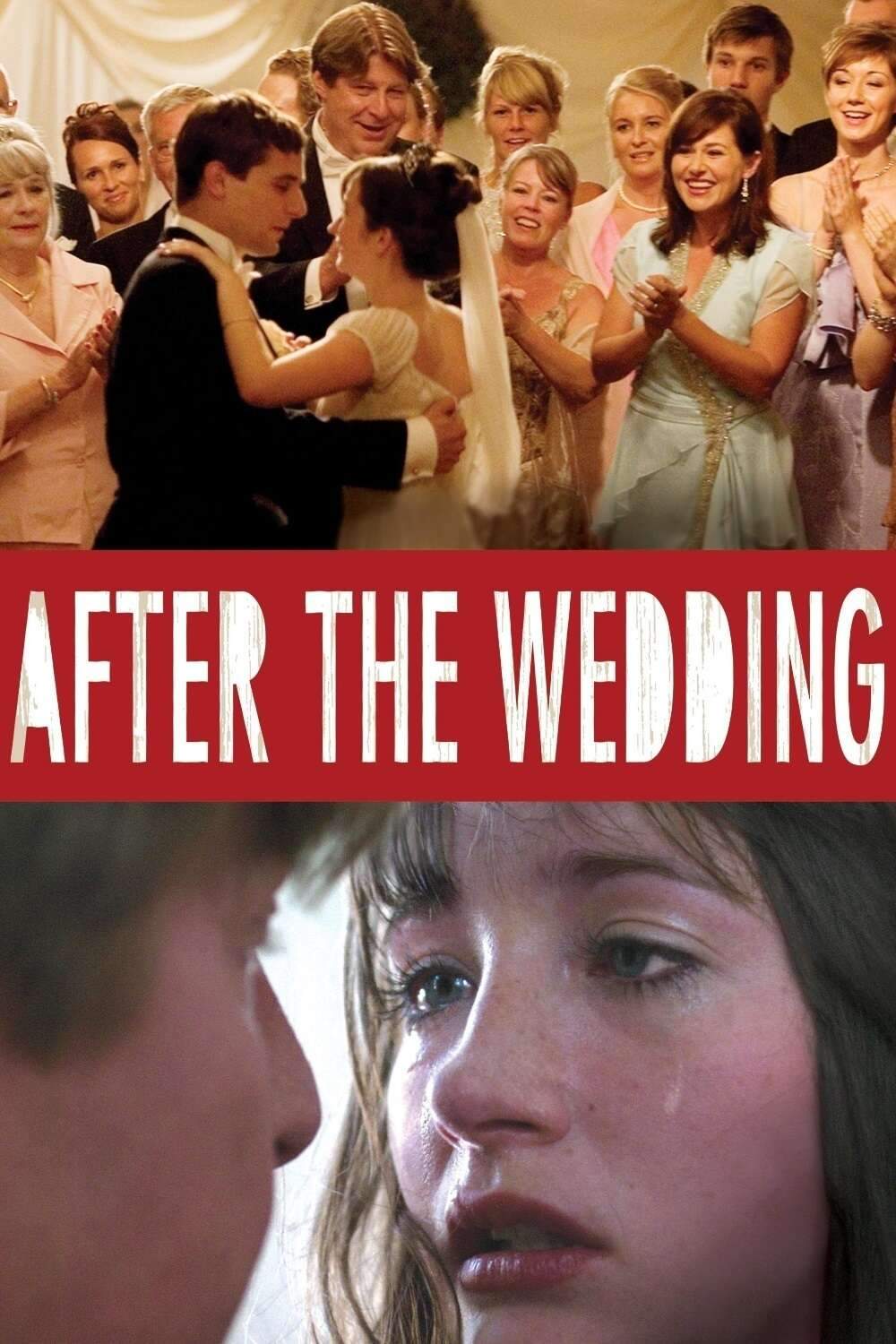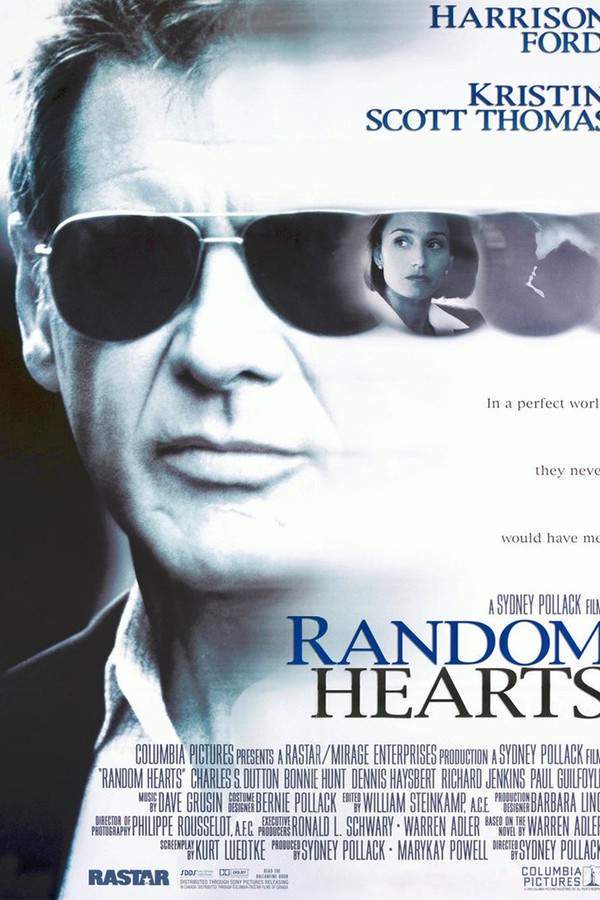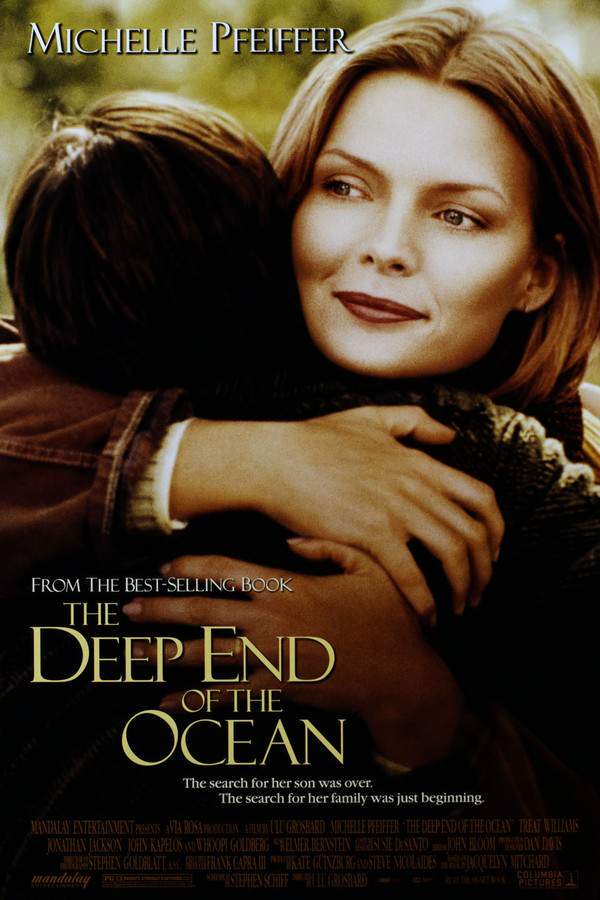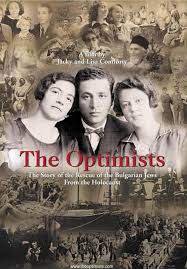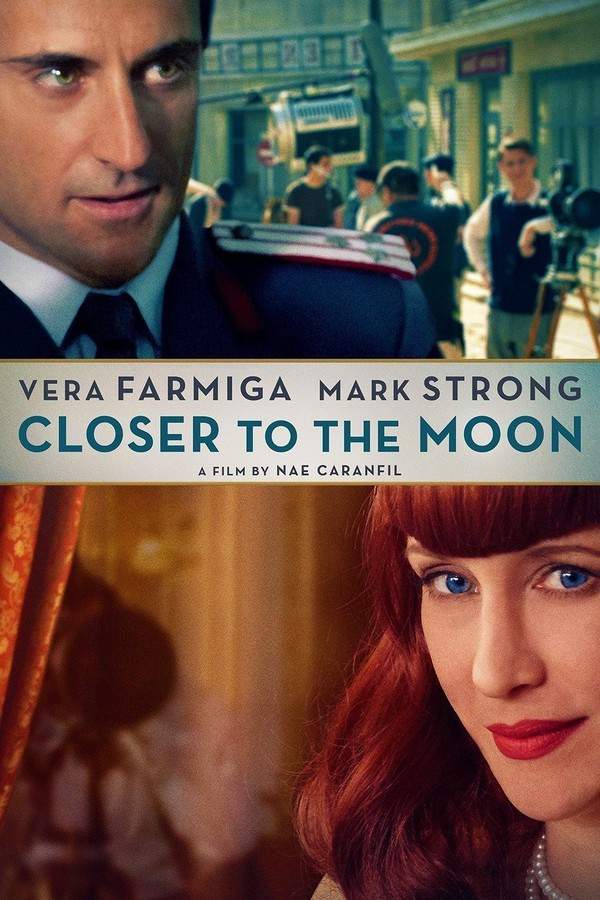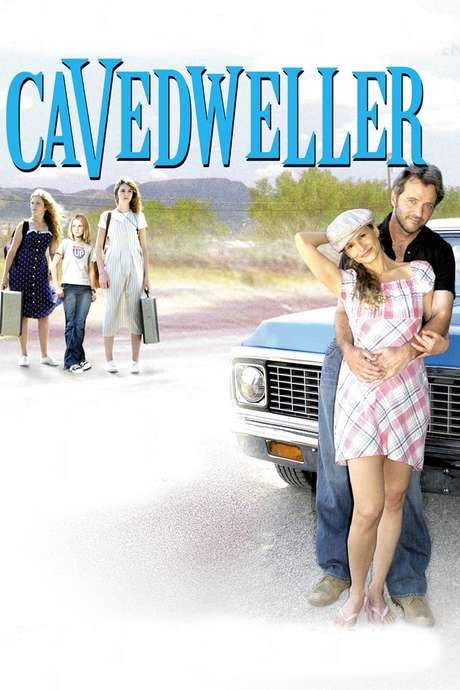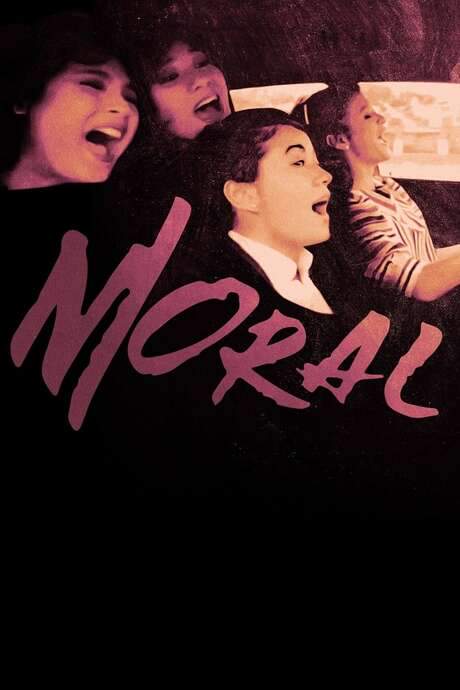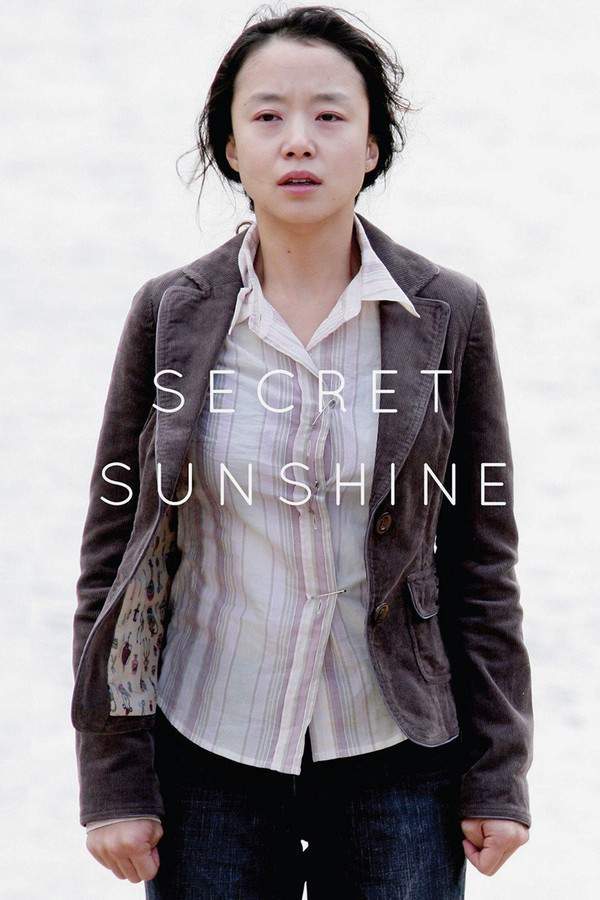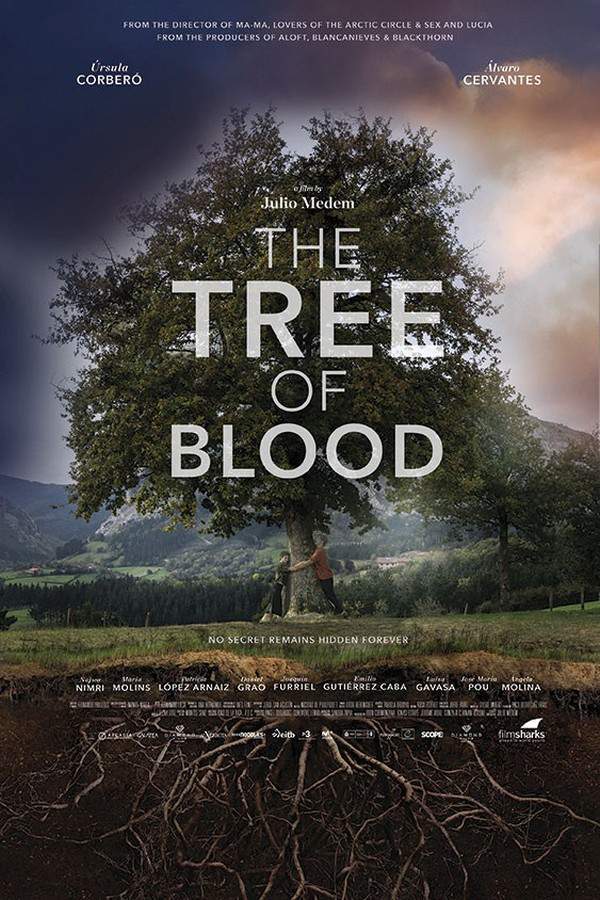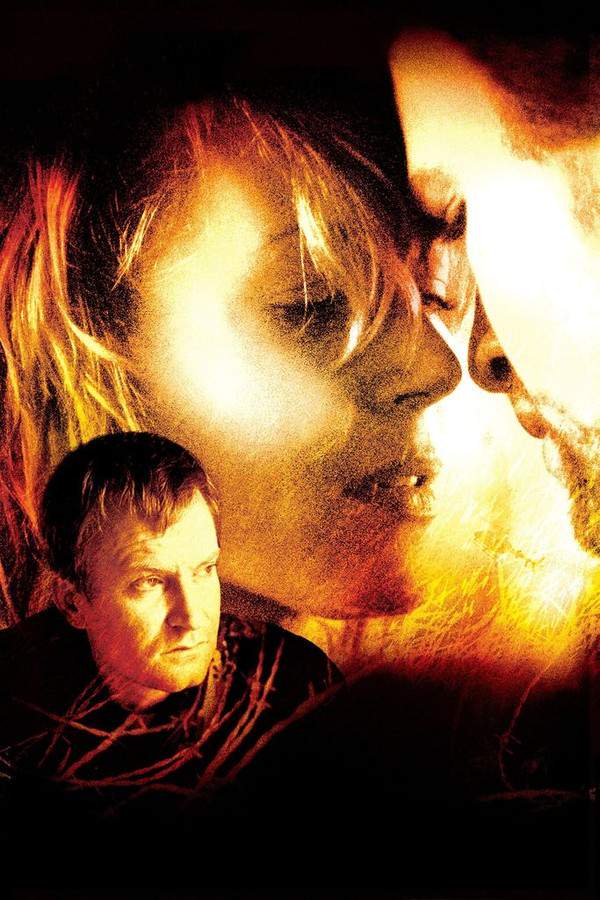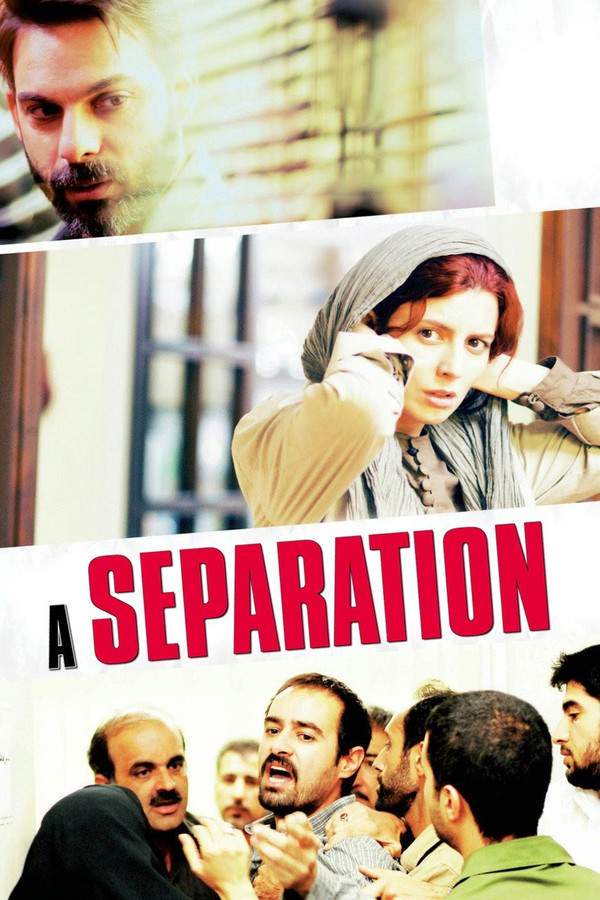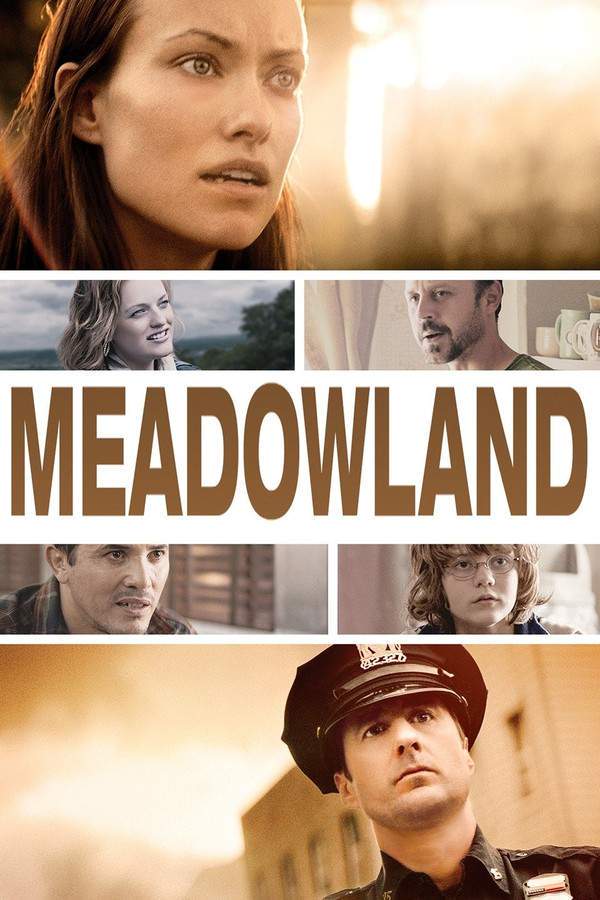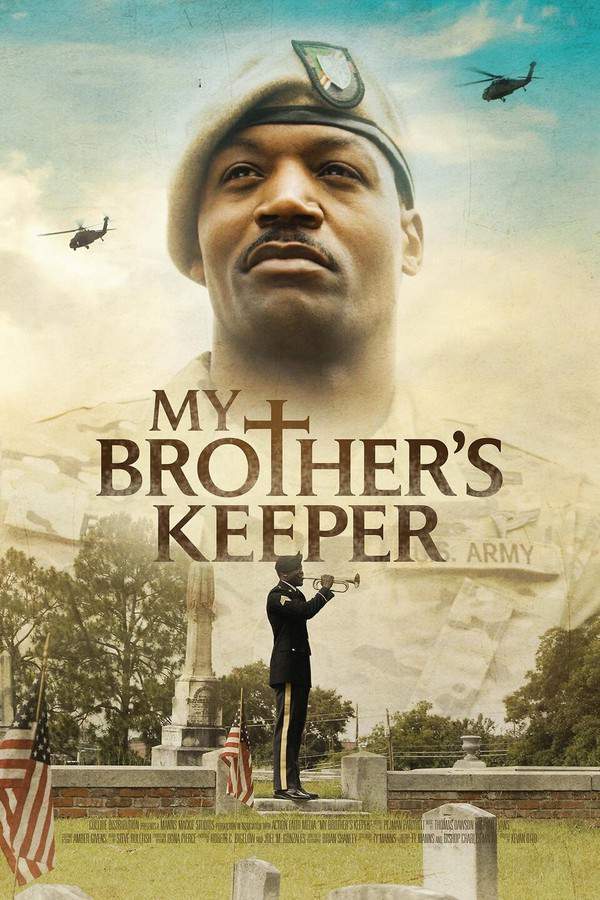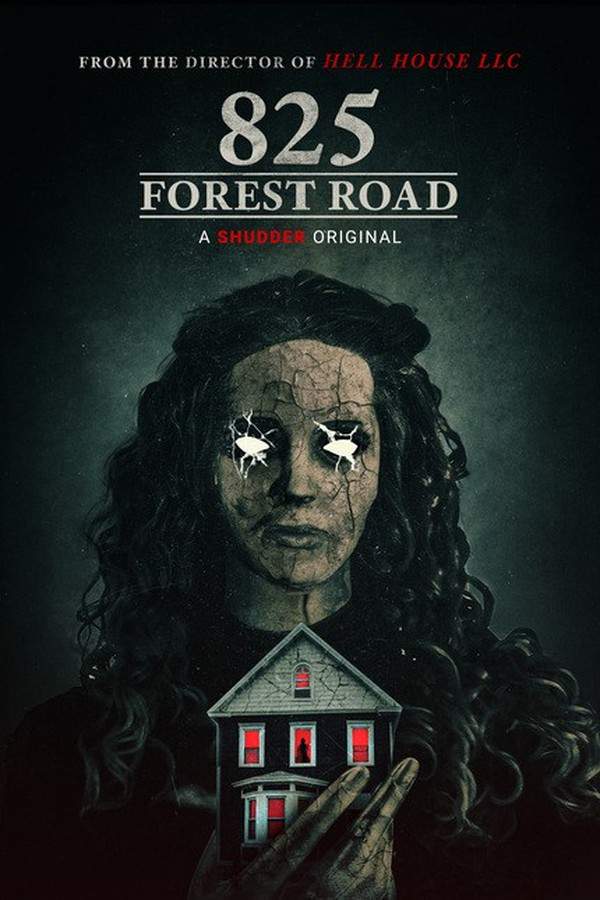
Mother Küsters Goes to Heaven
Year: 1975
Runtime: 108 mins
Language: German
Director: Rainer Werner Fassbinder
After a worker kills a superior and commits suicide, each of his family members attempts to forge a path forward in life.
Warning: spoilers below!
Haven’t seen Mother Küsters Goes to Heaven yet? This summary contains major spoilers. Bookmark the page, watch the movie, and come back for the full breakdown. If you're ready, scroll on and relive the story!
Timeline & Setting – Mother Küsters Goes to Heaven (1975)
Explore the full timeline and setting of Mother Küsters Goes to Heaven (1975). Follow every major event in chronological order and see how the environment shapes the story, characters, and dramatic tension.
Last Updated: October 04, 2025 at 18:19
Main Characters – Mother Küsters Goes to Heaven (1975)
Meet the key characters of Mother Küsters Goes to Heaven (1975), with detailed profiles, motivations, and roles in the plot. Understand their emotional journeys and what they reveal about the film’s deeper themes.
Last Updated: October 04, 2025 at 18:19
Major Themes – Mother Küsters Goes to Heaven (1975)
Explore the central themes of Mother Küsters Goes to Heaven (1975), from psychological, social, and emotional dimensions to philosophical messages. Understand what the film is really saying beneath the surface.
Last Updated: October 04, 2025 at 18:19
Explore Movie Threads
Discover curated groups of movies connected by mood, themes, and story style. Browse collections built around emotion, atmosphere, and narrative focus to easily find films that match what you feel like watching right now.
Movies about political disillusionment like Mother Küsters Goes to Heaven
Stories where personal tragedy becomes a lens for societal critique.If you liked the way Mother Küsters Goes to Heaven uses a family's grief to examine political failure, you'll find similar stories here. These movies explore how personal tragedy intersects with media sensationalism and ideological exploitation, often with a somber and critical tone.
Narrative Summary
Narratives typically begin with a catalyzing personal or social crisis that propels a protagonist into the political arena. They encounter various factions, each seeking to co-opt their suffering for their own ends, leading to a journey that reveals the hypocrisy and limitations of these ideologies rather than offering genuine solace or change.
Why These Movies?
They are grouped by their shared focus on the individual's desperate search for meaning within broken systems, a steady pacing that allows for methodical societal critique, and a tone that blends the bitterness of failed ideals with the weight of personal loss.
Movies about family fracture after trauma like Mother Küsters Goes to Heaven
Explores how a single catastrophic event fractures a family's foundation.For viewers who appreciated the raw portrayal of a family unraveling after a suicide in Mother Küsters Goes to Heaven, this thread features similar intense dramas. These stories examine grief, alienation, and the desperate attempts to find a new normal in the shadow of overwhelming loss.
Narrative Summary
The story structure is often an ensemble piece, splitting to follow different family members after a shared trauma. Each character's journey highlights a unique coping mechanism or failure, depicting how grief isolates even those who should be closest, and whether any semblance of unity can be rebuilt from the pieces.
Why These Movies?
They share a high-intensity emotional core driven by themes of grief and loss, a steady pacing that allows for deep character exploration, and a heavy, often bittersweet or ambiguous tone that reflects the complexity of healing and the permanence of scars.
Unlock the Full Story of Mother Küsters Goes to Heaven
Don't stop at just watching — explore Mother Küsters Goes to Heaven in full detail. From the complete plot summary and scene-by-scene timeline to character breakdowns, thematic analysis, and a deep dive into the ending — every page helps you truly understand what Mother Küsters Goes to Heaven is all about. Plus, discover what's next after the movie.
Mother Küsters Goes to Heaven Summary
Read a complete plot summary of Mother Küsters Goes to Heaven, including all key story points, character arcs, and turning points. This in-depth recap is ideal for understanding the narrative structure or reviewing what happened in the movie.

Mother Küsters Goes to Heaven Timeline
Track the full timeline of Mother Küsters Goes to Heaven with every major event arranged chronologically. Perfect for decoding non-linear storytelling, flashbacks, or parallel narratives with a clear scene-by-scene breakdown.

Mother Küsters Goes to Heaven Spoiler-Free Summary
Get a quick, spoiler-free overview of Mother Küsters Goes to Heaven that covers the main plot points and key details without revealing any major twists or spoilers. Perfect for those who want to know what to expect before diving in.

More About Mother Küsters Goes to Heaven
Visit What's After the Movie to explore more about Mother Küsters Goes to Heaven: box office results, cast and crew info, production details, post-credit scenes, and external links — all in one place for movie fans and researchers.


